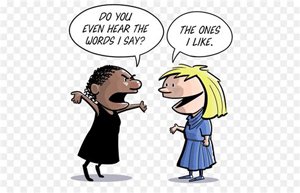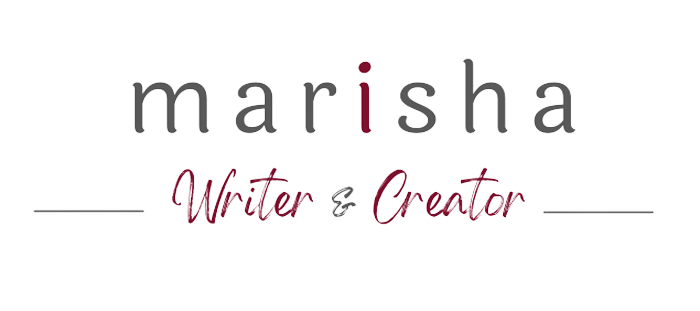Human connection is often, if not mostly, channeled via communication. It sounds pretty easy to do. It is not. It takes skills, and hence practice to communicate efficiently. Which in itself is a good thing, since it means it can be learned. So the more effort you pour into it, the better and faster you will master it. Keep in mind that communication is not just about verbal talent. And each person has their way of perceiving and hence expressing what they see, hear, and think. Could be the same item, idea, or sentiment. Some will reveal a lot with words, others with gestures, and a few will choose to remain silent. Remember that silence tells plenty. One just has to understand that language, as it goes beyond what the body reveals. A lot of people become uncomfortable when faced with silence. As a child, I observed a lot of what the adults said and did. Around a few, I felt at ease to ask and converse. With life and its experiences, I learned when to listen or speak more.
Once, I had to face a very angry man, trying to enforce his opinion on me. I will not share the context to avoid anyone knowing who I am referring to. But the story is about a discussion, that started civilly as any verbal exchange between adults usually is conducted. And it is to be noted that I went through similar situations with other people, regardless of their gender. To come back to the story, that person exposed an opinion. I didn't agree and didn't interject anything during the disclosure, out of politeness. I knew the chances were very slim, but maybe at some point, things would be presented differently. Thus I remained silent, my face showing no emotion, focusing on the listening and understanding part. And this specifically drove the fellow crazy. The more I didn't react on the surface, the more he felt compelled to explain and repeat what he was saying. The more he spoke, the less I could intervene. Because if we both talked at the same time, how would we come to any insight? So I waited. Out of respect. Turning thumbs on my lap under the table and hoping he would stop for me to place a word. Or a phrase. Until he exploded. And accused me of behaving that way on purpose! That was my cue to raise my eyebrows and stop his loud flow by talking in a much softer tone than his. I hate a loud address. I am convinced that one can convey any message in a calm and polite manner. Because the aim is to have a dialogue or even a lecture, not to puncture each other's eardrums. That wouldn't be very productive or profitable. It turns out the few sentences I spoke were not what was expected as a return and the yelling started again. Therefore, I stood and left the meeting. The communication ended then and there...
Let me admit that I sometimes play the poker face card. Could be on purpose or as a defense mechanism. When I don't want the other person to know what I am thinking or how I am processing what they are exposing to me. It is not easy at times. Because someone proficient in body language, an empath, or someone close to you, and who knows you well, can read a response. No matter how much you try to conceal it. As a result of our eyes' ability to also "listen". Our attitude can be felt. Our bodies move according to what we think. Consciously or unconsciously. That doesn't require words to be clear. A lot of what is said is communicated with not only our choice of words but with our body language and our tone of voice as well. One of the reasons why experts warn adults to pay attention to their behavior around children: kids will watch to learn. They don't wait for words or long statements. Like a sponge, their minds soak up the environments they are subjected to.
Some of my favorite quotes on communication:
The art of communication is the language of leadership - James Humes
Good communication is the bridge between confusion and clarity - Nat Turner
Communication is key to education, understanding, and peace - James Bryce
The only healthy communication is assertive communication - Jim Rohn
The most important thing in communication is to hear what isn't being said - Peter Drucker
Great communication depends on two simple skills - context, which attunes a leader to the same frequency as his or her audience, and delivery, which allows a leader to phrase messages in a language the audience can understand - John Maxwell
The greatest communication skill is paying value to others - Denis Waitley
To conclude, good communication is key to healthy and robust relationships. On the personal level and on the professional level as well. Master that art, and be happy 😊

